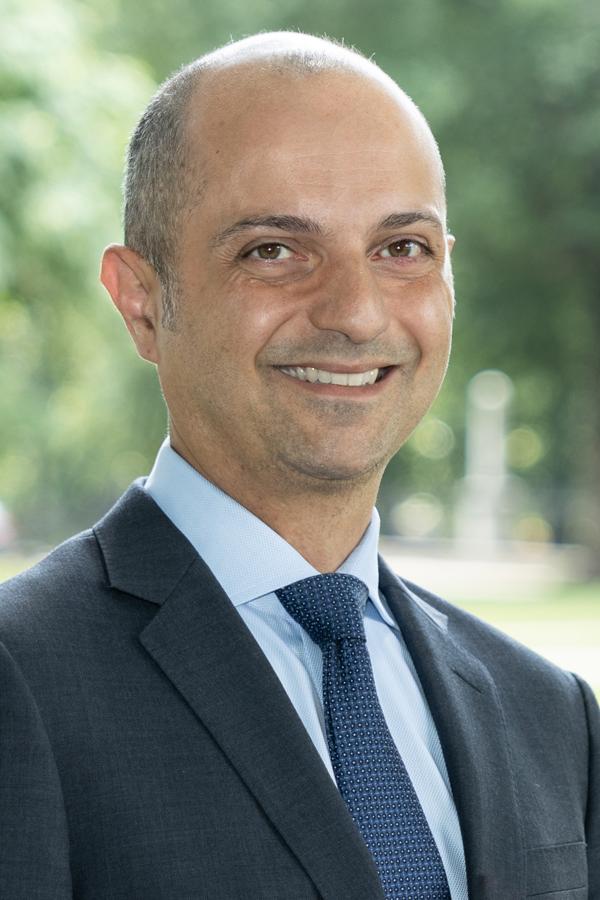Sobre
-
Departments
-
Specialties
Hematologic malignancies, lymphomas, leukemias, multiple myeloma
-
Languages
Italian -
Pronouns
He/Him
-
Contato
617.414.0940 -
Primary Location
830 Harrison Ave
3rd Floor
Boston, MA 02118
-
Administrative Title
Director, Cellular Therapy Program and Assistant Professor of Medicine, Boston University Chobanian and Avedisian School of Medicine
-
Residency
Oncology, University of Ferrara, Italy, 2004-2008 -
Fellowship
Research Fellowship, Program in Cellular and Molecular Medicine, Harvard Medical School, 2008-2012 -
Education
University of Rome, Sapienza, Italy, 2004 -
Board Certifications
Oncology (Italy)
My Publications
-
Idecabtagene Vicleucel in Relapsed and Refractory Multiple Myeloma
Idecabtagene vicleucel (ide-cel, also called bb2121), a B-cell maturation antigen-directed chimeric antigen receptor (CAR) T-cell therapy, has shown clinical activity with expected CAR T-cell toxic effects in patients with relapsed and refractory multiple myeloma. -
Anti-BCMA CAR T-Cell Therapy bb2121 in Relapsed or Refractory Multiple Myeloma
Preclinical studies suggest that bb2121, a chimeric antigen receptor (CAR) T-cell therapy that targets B-cell maturation antigen (BCMA), has potential for the treatment of multiple myeloma. - BCMA targeting chimeric antigen receptor (CAR) T cell therapy has shown deep and durable responses in multiple myeloma. However, relapse following therapy is frequently observed, and mechanisms of resistance remain ill-defined. Here, we perform single cell genomic characterization of longitudinal samples from a patient who relapsed after initial CAR T cell treatment with lack of response to retreatment.
- Very little is known about the risk that severe acute respiratory syndrome coronavirus 2 (SARS-CoV-2) viral infection poses to cancer patients, many of whom are immune compromised causing them to be more susceptible to a host of infections. In this case report, we detail the successful treatment of a relapsed and refractory multiple myeloma (MM) patient treated with an anti-B cell maturation antigen (BCMA) chimeric antigen receptor (CAR) T cell therapy immediately following clinical recovery from COVID-19.
 en
en 



 Français
Français Deutsch
Deutsch Italiano
Italiano Español
Español Tiếng Việt
Tiếng Việt Kreyol ayisyen
Kreyol ayisyen